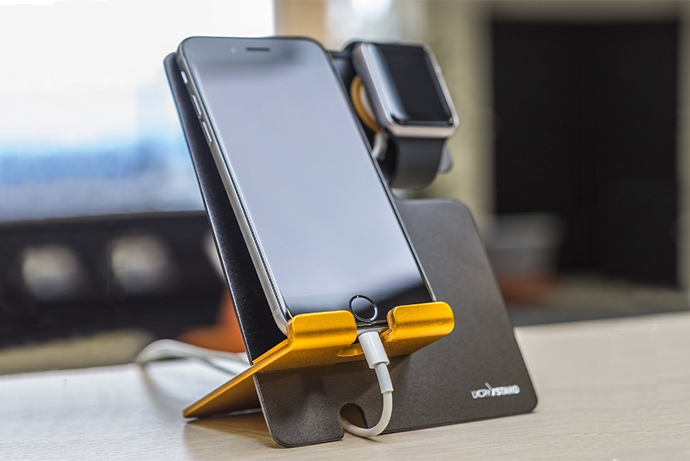

First, you have to opt in to the feature, and currently it works only with Mozilla’s Firefox browser. Using geolocation from is not as seamless as with services like Foursquare or Brightkite. Twitter has recently introduced the same feature on its Website. Freebies and special offers are available too, indexed from nearby retailers. Loopt also provides an event directory called Pulse, where you can browse various listings categories (such as movies, gigs, and shows) for things going on near you–and afterward leave ratings and tips. Like other services, Loopt invites you to check in to locations and share what you’re doing with Facebook and Twitter friends, next to your own network of Loopt friends.
#GEOLOCATION XSTAND FULL#
Image: Loopt Loopt, which combines geolocation with social networking, is available for the iPhone, BlackBerry, Android, and many other phones ( full list).

Loopt on an iPhone identifies places that are near you and lets you select the correct option and check in. Like Foursquare and Gowalla, Brightkite uses the check-in system for bars, clubs, museum, and the like, and it finds your location automatically. To keep it fun, the service gives you points for each check-in and in time you can earn various badges tracking your progress toward Foursquare elitehood.īrightkite has excellent privacy controls that let you share individual posts with everyone or with friends only you can also cross-post on Facebook, Flickr, and Twitter. Once your friends know where you are, they can recommend places for you to go or things for you to do and see nearby. You can check in to cafés, bars, restaurants, parks, offices, and pretty much anyplace else. Foursquare refers to announcing your location–and thus telling your friends where they can find you–as “checking in.” If no app exists for your smartphone, you can always use the Foursquare mobile Website instead. Image: Foursquare Foursquare works with iPhone, Android, BlackBerry, and Palm (WebOS) phones.
#GEOLOCATION XSTAND ANDROID#
Let’s have a look at some of them.įoursquare on an Android phone shows your profile info, together with badges that you’ve earned and the last place you checked in to. Not only do these services let you share your location with your friends, but they also bring a social gaming element to the table. Several start-up companies offer geolocation services–and some, such as Foursquare, reach hundreds of thousands of users. Indoors, however, it’s less accurate, and in locales where storefronts are in very close proximity, you may have to select your location manually from within the app interface.Eventually, though, more-advanced A-GPS systems should increase the accuracy of geolocation positioning inside buildings. Some geolocation systems use GPS and cell site triangulation (and in some instances, local Wi-Fi networks) in combination to zero in on the location of a device this arrangement is called Assisted GPS (A-GPS).Īs long as the sky is fairly clear, the geolocation app on your phone can ascertain your position reasonably accurately. When a GPS signal is unavailable, geolocation apps can use information from cell towers to triangulate your approximate position, a method that isn’t as accurate as GPS but is has greatly improveds in recent years.

Smartphones today have a GPS chip inside, and the chip uses satellite data to calculate your exact position (usually when you’re outside and the sky is clear), which services such as Google Maps can then map. Geolocation apps that run on mobile devices provide a richer experience than those that run on desktop PCs because the relevant data you send and receive changes as your location changes. Typically, geolocation apps do two things: They report your location to other users, and they associate real-world locations (such as restaurants and events) to your location.


 0 kommentar(er)
0 kommentar(er)
